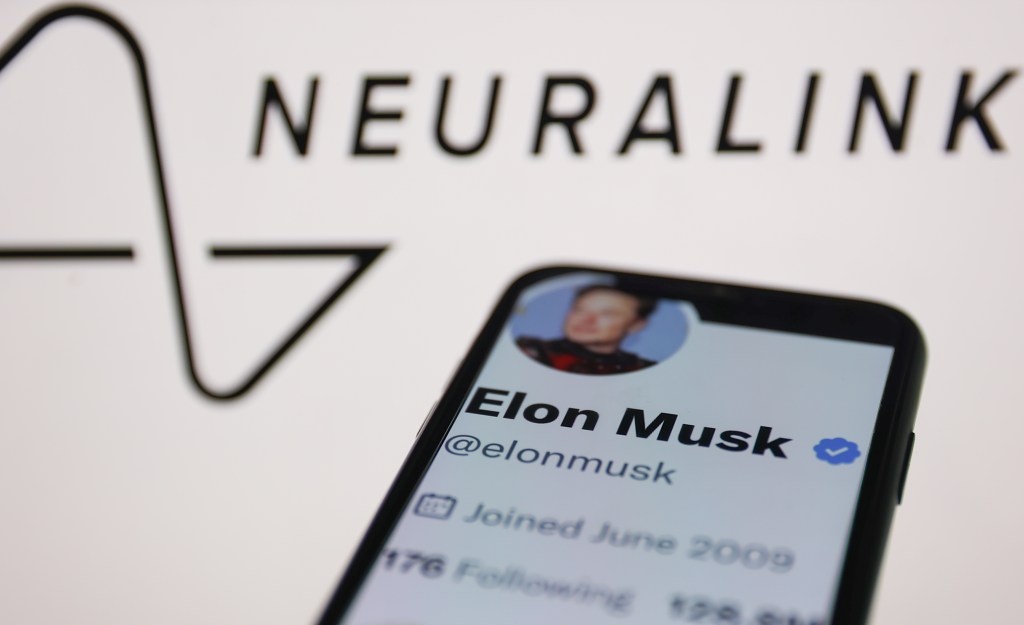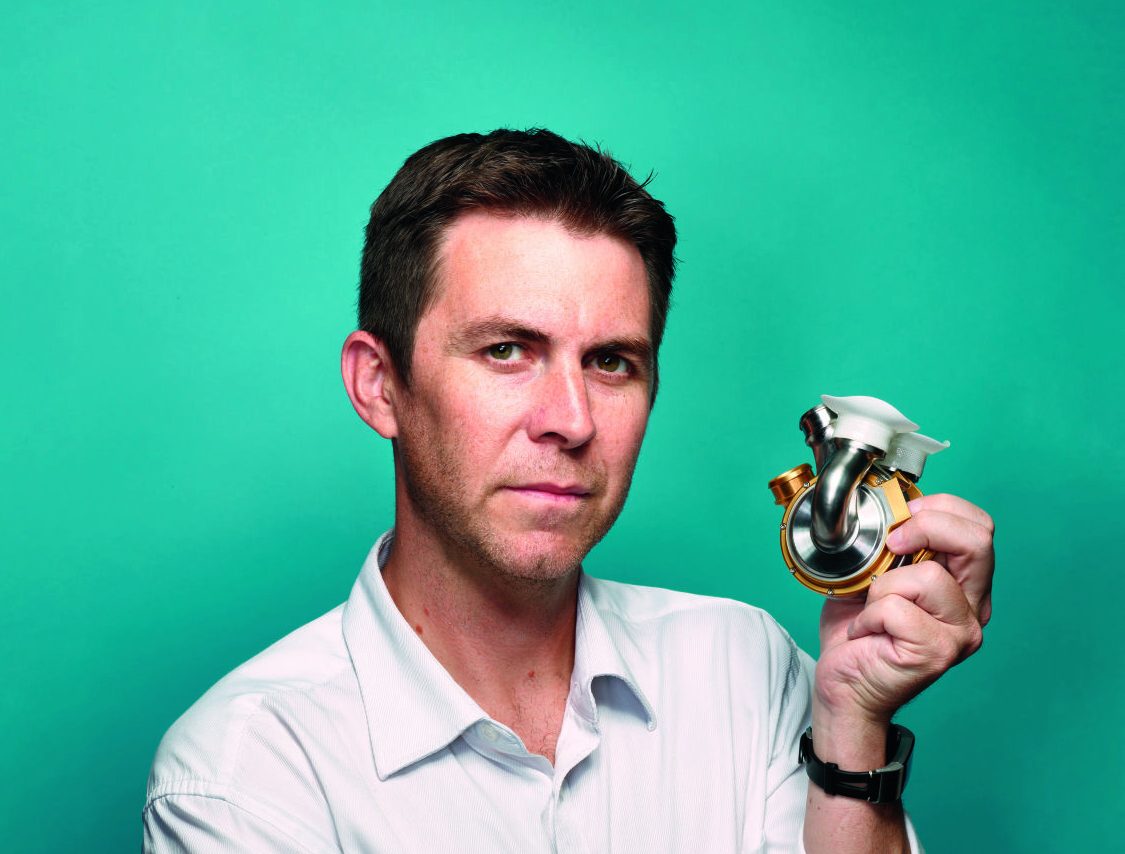Since 2016, Elon Musk’s startup Neuralink has been working on developing a brain chip that will allow users to control devices using only their thoughts. For the first time, it’s been implanted into a human being.

This implantation will hopefully allow Neuralink to observe the effectiveness of the technology. The company is working towards the interface being used for people with paralysis, to allow them to regain fast, functional, and efficient communication with those around them.
The surgery undergone for the implantation reportedly involved the volunteer having a portion of their skull removed, in order to place the neural interface inside the brain.
The news of the implantation was announced on Musk’s social media platform, ‘X’.
According to the Neuralink founder, the chip was implanted yesterday, and so far the trial seems to be going well, with “promising neuron spike detection”.
Musk announced on his social media platform ‘X’ on Monday that Neuralink’s inaugural product will be named ‘Telepathy’.
He wrote in his post that Telepathy “enables control of your phone or computer, and through them almost any device, just by thinking.”
The billionaire added, “Imagine if Stephen Hawking could communicate faster than a speed typist or auctioneer. That is the goal.”
If the trials prove successful, neural implants could see a revolution in the way we interact with technology.
While the first users will be those suffering from paralysis, we can assume Telepathy will eventually be intended for use by a wider audience.
Neuralink received approval from the US Food and Drug Administration (FDA) last year to begin implanting the interface into humans.
The company began its search for a volunteer for human trials shortly after receiving FDA approval, looking for someone who – ideally – was a quadriplegic under the age of 40.
Tangent
Although groundbreaking, Musk’s Neuralink is not actually the first company to implant a brain-computer interface.
That title belongs to Aussie startup Synchron, founded by Nick Opie and Tom Oxley in 2011, four years before Neuralink.
Synchron has had its tech operating in human brains since 2019, long before Musk even received approval to begin human trials.
The Synchron interface has proved that it is possible for humans to interact with and use their devices with nothing but thought – so whether Neuralink or Synchron wins the neural interface race, it does seem this technology is inevitably coming.
Look back on the week that was with hand-picked articles from Australia and around the world. Sign up to the Forbes Australia newsletter here.


